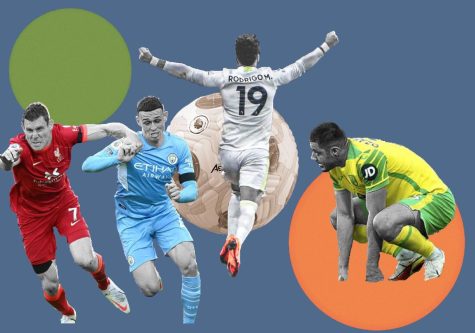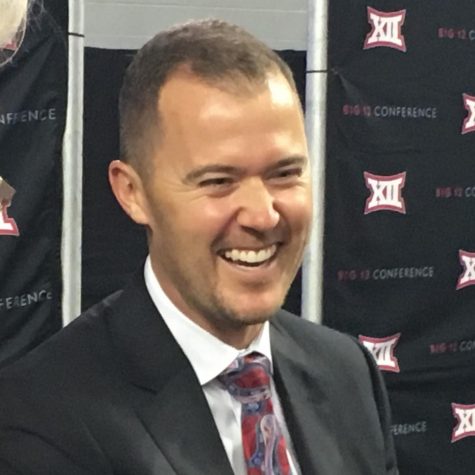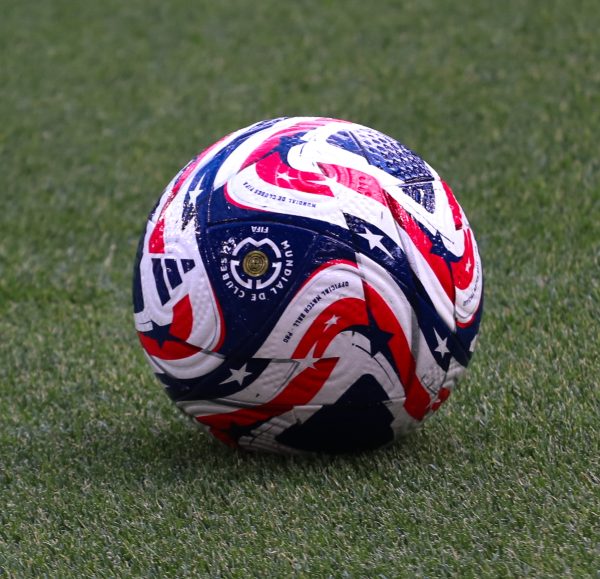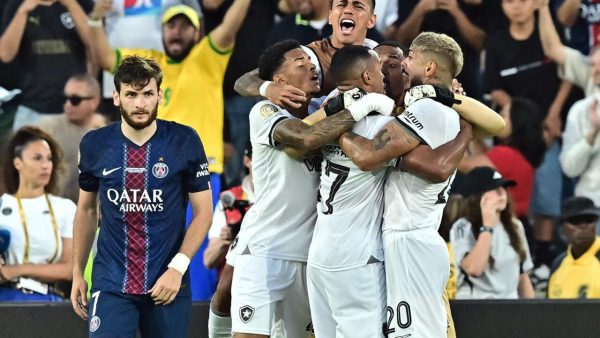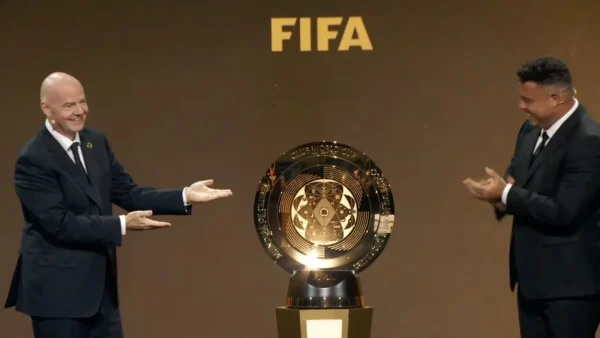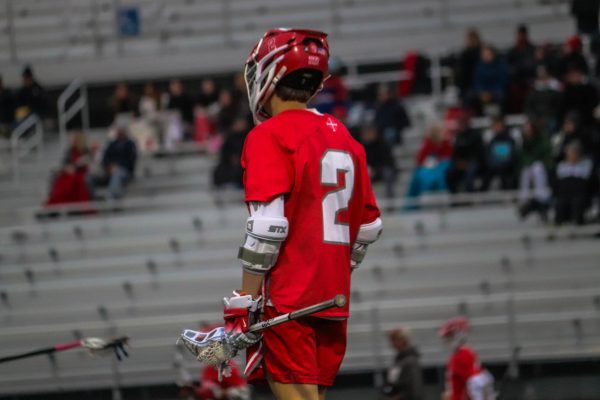Top 10 NBA Players of All Time: 9. Oscar Robertson
The next player on our list is the transcendent guard from the Cincinnati Royals (now called the Sacramento Kings), Oscar Robertson.
We will arrive at his staggering accomplishments and accolades in a moment. First, we will explore Robertson’s beginnings and everything that helped mold him into the extraordinary player he became.
Oscar Palmer Robertson was born in small Charlotte, Tennessee on November 24, 1938. Shortly after his birth, Robertson and his family relocated to Indianapolis. It was here the Robertson discovered his passion for the game.
Baseball was the more popular sport during his childhood, but Robertson played basketball because it was “a poor man’s game”. Sadly, poor and unworthy is what society made many young African Americans feel like back then.
Robertson attended Crispus Attucks High School, a segregated all-black high school. During his sophomore year, his team lost to Milan High School, who eventually won the state tournament that year and was the inspiration for the movie Hoosiers. Over the next two seasons, Robertson led his team to a 62-1 recording while winning 2 straight championships.
What should have been a celebration was cut shot by the city. They would not allow the players to celebrate unless they went out of town because of fear that the black players would be too rowdy.
Every Indiana basketball player grows up with dreams of playing at the University of Indiana, and Robertson was no different. But after a meeting with Indiana head coach that went sour very quickly, Robertson shelved that dream. The Head Coach made some remarks to Robertson that he, very quickly, took personally. That seems to be a trend throughout Robertson’s life. He is very proud of his race and he never has or never will let someone belittle him because of it.
In college, Robertson picked up right where he left off. Attending the University of Cincinnati, he averaged nearly 34 points a game over the course of his 3 years there, the 3rd highest in college history. Each year, he won the scoring title, was named an All-American, and was chosen College Player of the Year.
Although Robertson led the Bearcats to a 79-9 overall record in 3 years, not to mention 2 Final Four appearances, a championship eluded him.
When Robertson left the University, he was College Basketball’s all time leading scorer, with the end of his reign coming at the hands of “Pistol” Pete Maravich in 1970.
The record books at the University of Cincinnati should be renamed “Oscar’s Book”. Who am I kidding? Maybe it should be called University of Oscar Robertson? Or something more catchy like “Oscar’s HOUSE”. Robertson still holds the records for points in one game (62), career triple doubles (10), rebounds per game over a career (15.2), and career points (2,973).
But it wasn’t all easy for Robertson in college. After all, this was an age before the Civil Rights Movement. Can you guess how the less tolerant majority of Americans reacted when an African American was running circles around the white players? The reaction was less than savory.
Trips to segregated cities ended up being very difficult for Oscar. While his team was sleeping in a hotel, Oscar was often forced to sleep in cramped college dorms. Once, the Bearcats were going to a play in a tournament in North Carolina. But when they arrived, Oscar began receiving death threats from the local KKK chapter.
Its things like this that hardened Robertson. In college, he was a boy trying to be great. But once he got to the NBA, that boy was gone. A bitter young man replaced him, with scars from racism making him one of the meanest, cynical players in the league.
Before making his league debut, Robertson was chosen to represent the USA at the 1960 Summer Olympics in Rome. This team could be called only one thing, The Dream Team: The Prequel. The team put together is probably the greatest combination of AMATUER talent we have ever witnessed. In 1960, only college kids were allowed to compete, professionals were prohibited.
Robertson started at small forward, and flanked by legendary the Jerry West point guard (who you’ll learn more about later), Jerry Lucas at power forward, future Royals teammate Adrian Smith at shooting guard, future Hawk All Star Walt Bellamy at center, the United States devastated the competition, thundering towards the gold medal while winning every game by 42 points.
In the 1960 NBA Draft, Robertson was drafted number 1 overall by the Cincinnati Royals. Signing for $33,000, it seemed as though Robertson has reached the mountaintop. He had gone from not being to afford a basketball as a kid to one of the highest paid rookies in the country.
Robertson’s rookie season statistics were astounding. His averages were as follows: 30.5 points per game, 10.1 rebounds, and he led the league with 9.7 assists. I don’t know if you noticed, but THAT’S 0.3 ASSISTS FROM A TRIPLE DOUBLE FOR THE ENTIRE SEASON. Pardon me, but I must take a second…
…do you know how hard it is to record ONE triple double? It’s a cause for celebration these days, and its breaking news/award worthy when you have more than one in a season. Can you imagine watching a man churn out triple doubles like its nothing? Sounds like heaven. Literally. When I die, I hope I go to that heaven. Watching Robertson pass it up to Bob Cousy or John Havlicek and watching them toss up an alley oop for Wilt Chamberlain or Elvin Hayes would validate my whole life.
His accolades were almost as impressive as his stat sheet. Robertson was honored with the NBA Rookie of the Year award, as well as being elected to the All-NBA First Team and to the All Star team. However, the Royals finished close to last place in the Western Conference Standings (yes, there were so few teams in the league that obvious east coast city Cincinnati was in the Western Conference).
The next season in 1961, Robertson became the only person in NBA history to average a triple-double for an entire season, with 30.8 assists, 12.5 rebounds, and 11.4 assists. And this time, the Royals made it to the playoffs, losing in the first round to the Detroit Pistons.
In 1962, Robertson cemented his spot as one of the greatest players of all time when he nearly averaged a triple double for the second straight time (28.3 points, 10.4 rebounds, 9.5 assists). And finally, Robertson saw some degree of success in the playoffs. The Royals advanced to the Eastern Division Finals, dragging the eventual champion Boston Celtics to a grueling 7 game series for the ages before losing in the final game.
Finally, Robertson got some help. After years of playing with lackluster teammates, 1963 saw new blood injected into the Royals. Under new head coach Jack McMahon, and supported by new teammates Jack Twyman, Jerry Lucas, and Adrian Smith, the Royals were able to achieve 2nd place in the East.
Robertson led the league in free-throw percentage, scored 31.4 points per game, and nearly averaged another triple double with 9.9 rebounds and 11 assists. All his work paying off, Robertson won the 1963 NBA MVP, the only player not named Bill Russell or Wilt Chamberlain to win the award during the 1960s. In the postseason, the Royals defeated Chamberlain’s Philadelphia 76ers before being dominated 4 games to 1 by the Celtics.
This marked Robertson’s last successful season with the Royals. While his stats only dipped a few points, the Royals win-loss record plummeted.
Before the 1970 season, the sports world was shocked when Cincinnati shipped Oscar Robertson to the Milwaukee Bucks.
The trade proved to be a good thing for Robertson. After years of being surrounded by no talent, he was now paired with the young Lew Alcindor. As you know, Alcindor would later change his name to Kareem Abdul-Jabbar and become one of the most amazing athletes in history. So… I guess you could say that… his team was a little better.
With Alcindor manning the paint and Robertson running the show from the backcourt, the Bucks took the league into a furious storm and sprinted to a 66-16 record, including a then-record 20 game win streak, a dazzling 12-2 record in the playoffs, and capped off their spectacular run with a 4-0 sweep over Elvin Hayes and the Baltimore Bullets in the 1971 NBA Finals.
Finally, Robertson was a champion.
After a few more productive years, including an NBA Finals loss to Dave Cowens and the Celtics in 1974, Robertson retired in 1974.
Robertson was very active after his retirement. He was very active in improving living conditions in Indianapolis, especially with African Americans. Immediately after his retirement, he worked as a color commentator for NBA games broadcasted by CBS.
One of Robertson’s biggest contributions to basketball actually came IN court, not on it. The Oscar Robinson Case was a lawsuit filed by the NBA Players Association in 1970 against the league its players played in. Being the President of the NBAPA, Robertson’s name was on the suit.
What the players sought was mainly to block the NBA-ABA (American Basketball Association) merger. They also wanted to end the rules that bound one player to the team he was drafted to unless he was traded, to restructure the NBA Draft rules that gave the drafting team a players rights forever, and to end restrictions on free agency.
What was borne from this case was modern day free agency, with one of the rules being that the player’s original team has the right to match any offer a player receives. This paved the way for the big money contracts we see today.
Oscar Robertson, without a doubt, is one of the greatest players of all time. A triple threat who could score anywhere on the court, he was also a gifted playmaker. His rookie scoring average is 3rd highest in NBA history. Robertson averaged more than 30 points a game 6 times, being one of three players to have accomplished this feat.
Robertson was also the first player to average more than 10 assists per game in a season. What makes this even more impressive is that the criteria for assists was a lot stricter than it is today. If the player doesn’t score almost immediately after receiving the pass, the assist wouldn’t have counted.
Robertson is also the only guard to have averaged more than 10 rebounds in a season. He did this 3 times.
His highest honor being the 1964 NBA MVP award, Robertson also won All-Star MVP 3 times in his career (1961, 1964, 1969).
He ended his career with 26,710 points (25.7 per game), 9,887 assists (9.5 per game), and 7,804 rebounds (7.5 per game). He was the league leader in assists 6 times. His record of 181 triple-doubles has never been sniffed by anyone and probably never will be.
Robertson is known as the first “big guard” in the NBA, paving the path for players like Magic Johnson and LeBron James, big players who could dominate at both guard and forward positions.
In 1980, Robertson was enshrined into the Naismith Memorial Basketball Hall of Fame.
Oscar Robertson was simply unstoppable. If you shut him down from outside, he could drive the ball to the basket and dunk on your biggest player. Or, if he didn’t want to work as hard, he could simply post up and back down his defender and finish with a turn around bank shot from either side.
If they paint locked up, he could pull up from anywhere and shish it right in someone’s face.
He could commit to driving to the right side of the basket, and just when his defender turned, he would switch to the left like it was nothing.
What is so fascinating about Oscar Robertson is not what he did, but how he did it. When Michael Jordan was having the game of his life, you knew because of his flashy dunks and amazing ability. Oscar Robertson QUIETLY averaged a triple double. When he scored, there was no gloating. He simply turned around to get back on defense.
People would say, “He is just backing down is defender, anyone can do that”. Well, nobody else did actually. You couldn’t stop him. All you could do was try and defend everyone else and hope that was enough. It turns out it was enough. He didn’t win a championship until he was teamed up with another great player. But that’s how it usually is.
What is so sad is how gravely he was affected by racism. In college, his school and even his teammates alienated him. In the NBA, he found nothing different.
Sure, he was winning awards and dominating the competition, but nothing changed off the court. He still couldn’t go and eat at a nice restaurant, he had to watch a movie from a balcony, he still sat at the back of the bus, and so to him success was not that different than before.
He was a very hard man to get to know and get along with apparently, doing things like ignoring journalists and yelling at his teammates when they did something wrong. It was so easy to respect him, and so easy to fear him as well.
He never forgave those who wronged him. That is what prevents him from being higher on this list. Instead of turning his troubles into inspirational success like Bill Russell or Jackie Robinson, he sat in his own despair not letting anyone in. It’s hard to like Oscar Robertson. But he is a legend, and we will never forget him.

